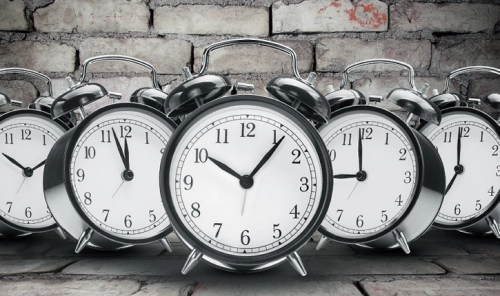profile/554520210325_163311.jpg.webp
Martinzaanana87

Why High Blood Pressure Is A "Silent Killer"
~0.8 mins read
High blood pressure is often called the “silent killer”
Most of the time, high blood pressure (HBP, or hypertension) has no obvious symptoms to indicate that something is wrong. The best ways to protect yourself are being aware of the risks and making changes that matter.
A few facts to be aware of:
Many people with high blood pressure don’t even know they have it. Often the signs and symptoms are misunderstood.
High blood pressure develops slowly over time and can be related to many causes.
High blood pressure cannot be cured. But it can be managed effectively through lifestyle changes and, when needed, medication.
Recognize your risks
Be aware of your risk factors – the physical and lifestyle attributes that can make you more likely to develop high blood pressure.
Awareness of your risks can help you identify positive changes that you can make. Do all you can to avoid the serious problems that can result from your blood pressure being too high for too long.
profile/554520210325_163311.jpg.webp
Martinzaanana87

Time Management
~2.3 mins read
Time Management – A word, most of us are familiar with. But, is it really a management of time, we talk about? If you go by its literal meaning it says about managing the time – Is it possible?
Not Really! We cannot manipulate the time. The terminology – “TIME MANAGEMENT” is a misnomer, which confuses us. But, we all know that each of us has only 24 hours in a day or 1440 minutes in a day or more precisely, 86400 seconds in a day – Now, sounds relaxing, isn’t it? Yes, we all have 86400 seconds – rather ONLY 86400 seconds in a day to complete our daily tasks. You’ll be stunned that despite of having 86400 seconds in a day, still people cry about time shortage – they are unable to manage these 86400 seconds to complete even 60 - 70% of targeted work of the day. …Why?
In this article, we’ll learn - how to improve time management, different ways to improve work performance.
What is Time Management? –By now, you must be wondering.
So let’s define - what is time management or more appropriately, what does time management mean in reality!
“Time management” is to improve your work performance in order to make you capable of completing your tasks in a timely manner.
Why is time management skill important?
Is time management important for everyone? Yes, time management is a need of today. Whatever profession, you are in, at any level or cadre in a job, time management is essential. Even, time management is important in managing your day-to-day activities at home. Because we have limited time and we are expected to fully justify the use of this limited time in productive work. Believe me, time management is not easy to do. If you are stressed at work, because you frequently loose the sight from your targeted tasks; you feel distressed because you couldn’t complete your assigned tasks; you often get distracted or deviated from your tasks and fail to complete those in time; - Then, you might be a victim of poor time management. Thus, time management is one of the most important areas of improvement for managers in today’s scenario.
How to improve time management?
So, now we understand that good time management is very important. But, question arises – How to improve time management, then?
Let me ask you first, how is your time management skill?
If you also encounter the same situations, while at work or facing the challenges on, how can you improve your time management skills? Believe me this article is worth reading for you. I’ll list down for you the tips from my experiences and learning to help you improve your time management skills, which in turn improves managerial skills. The more you practice them by heart, the more you’ll develop effective time management skills.
Takeaway: If you are good at time management in the workplace, you are a good manager at your workplace. Because with good time management skills, you’ll be able to manage all your activities effectively and efficiently. Stress and time management have direct negative correlation. Hence, if you improve your time management skills, you can zero down your stress level drastically.
Advertisement

Link socials
Matches
Loading...
